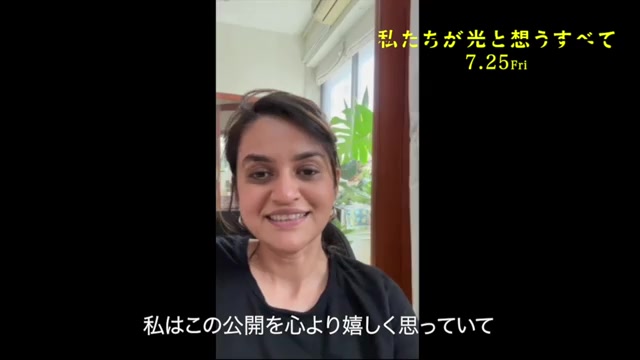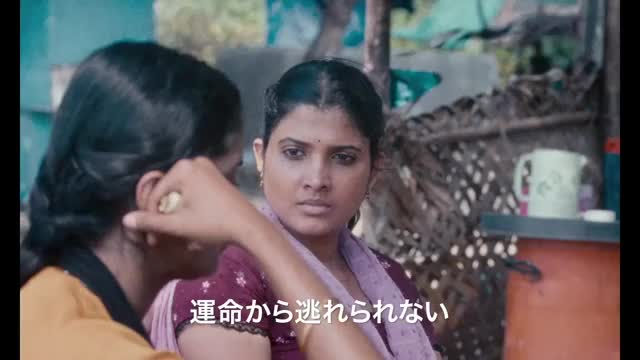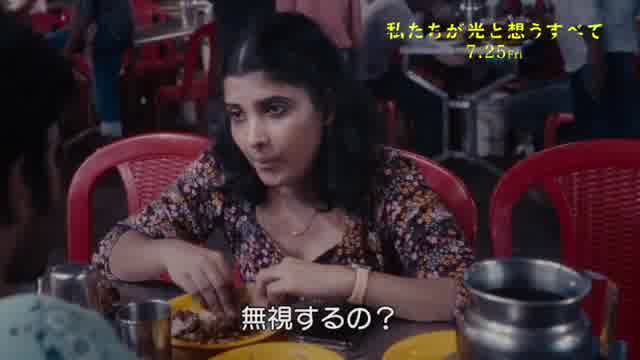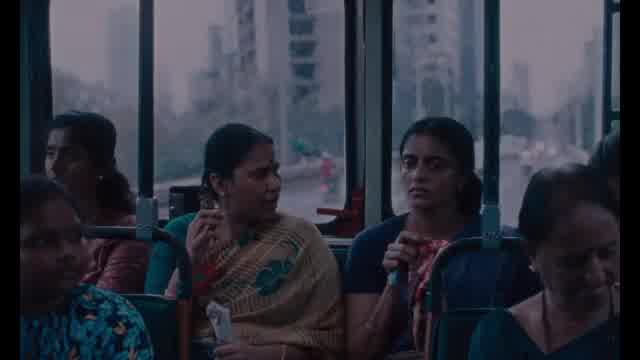「Why did this film win the Grand Prix at Cannes in 2024, second to the Palme d'Or ?」私たちが光と想うすべて 詠み人知らずさんの映画レビュー(感想・評価)
Why did this film win the Grand Prix at Cannes in 2024, second to the Palme d'Or ?
This film has three elements: documentary, realistic fiction, and fantasy. However, it lacks realism, and ultimately represents only one aspect of Mumbai as seen from a Western perspective, which I think may have been difficult for Indians to accept.
First of all, Prabha and Anu, who share an apartment, are nurses, but even though the hospital has an inpatient facility, they do not appear to work the night shift. The third main character, Parvathy, works in the hospital kitchen and is close to Prabha, but she does not interact with Anu.
Prabha is a down-to-earth woman who met her husband once through an arranged marriage and he is now working in Germany, but they have not been in contact for over a year. It is likely a paper marriage to obtain a residence visa. He presumably only sends money to her husband's parents. However, deep down, it seems that she still has feelings for him.
Meanwhile, the young and outgoing Anu is in a relationship with a Muslim. She tried to keep it a secret, but everyone knows. Her partner, Shiaz, is, as usual, weak and unreliable.
Parvathy is told there is no proof of ownership and is ordered to vacate her home to make way for the construction of a high-rise building. There seems to be no concept of residential rights. Perhaps there is no residential registration either.
Prabha and Anu accompany Parvathy back to her seaside hometown, but it's unclear how they managed to take holidays while working as a nurse. Shiarz also accompanied Anu. There is insufficient electricity and water, and no toilets, but for some reason their smartphones are able to charge. In a village near Ratnagiri, I thought it was Shiarz, who was going into the sea, but it turns out that the person who drowns and was rescued by Prabha is an unidentified man, pretending to be Prabha's husband. Even though it is a fantasy, the line between fantasy and reality is unclear.
The best part was the bustling Mumbai market that appeared in the documentary part, a market many times louder than the ones in Paris. It reminded me of that brief glimpse of the city from the plane.
The biggest problem with the Japanese version is that it doesn't distinguish between Hindi, the predominant language in Mumbai, Malayalam spoken by Prabha and Anu, and Marathi, spoken by Parvathy; we had no way of knowing the multilingual nature of the film. What a shame!
今晩は。
今作は、新しいインド映画であり、メインターゲットはインドの民ではないと思われます。
”ムンバイの主要言語であるヒンディー語、プラバ族とアヌ族が話すマラヤーラム語、パルヴァシー族が話すマラーティー語を区別していないこと”は、私も鑑賞中に気にはなりましたが、上記の様に思い、英語圏の映画を観る際に気になる、キングイングリッシュを使うべきところで使わない事は、範疇外としました。では。





